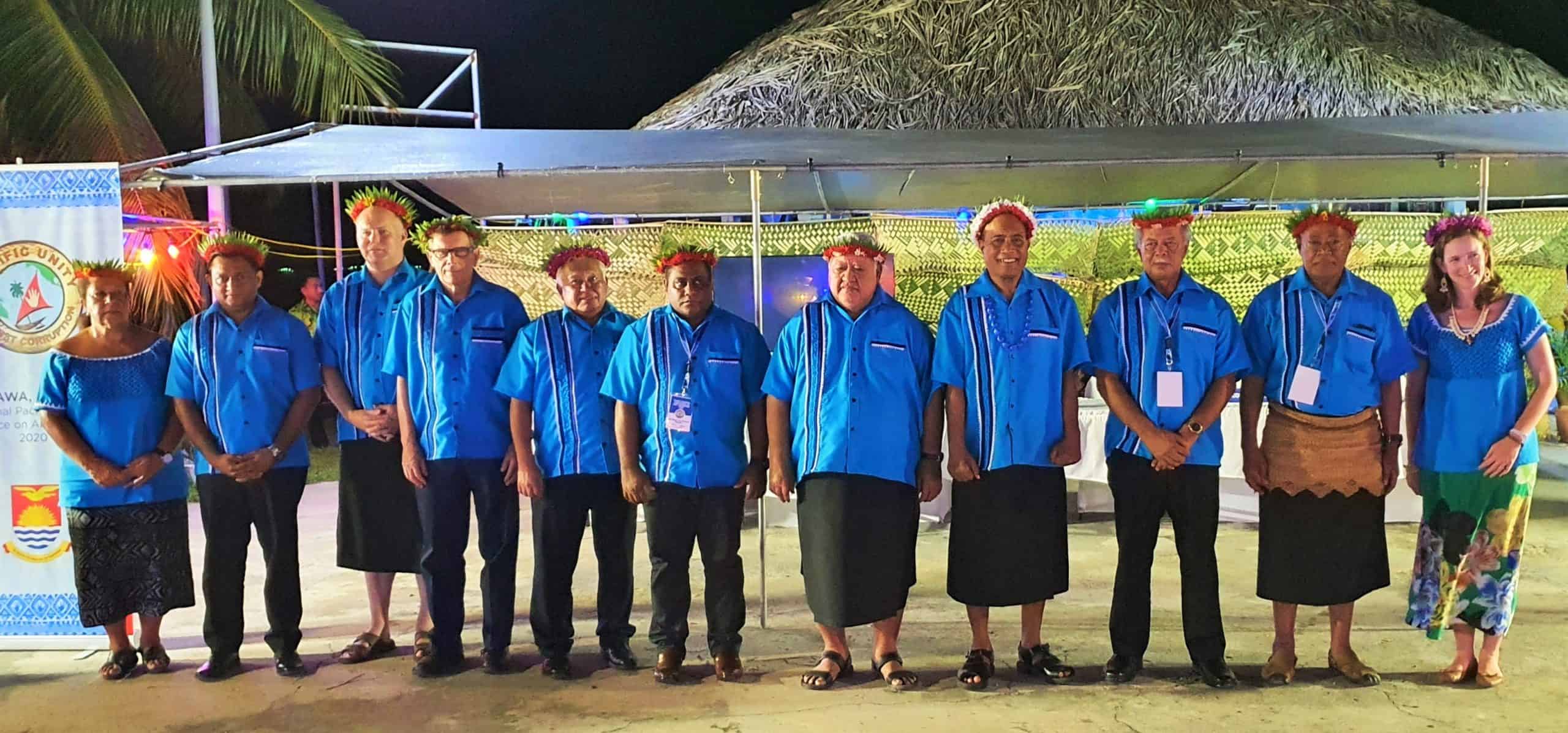Being an anti-corruption partner is a long-time commitment, just like the Teieniwa Vision, says Kiribati investigative journalist Rimon Rimon.
In February 2020, the inaugural Pacific Leaders Regional Anti-Corruption conference held in Kiribati saw the birth of the Teieniwa Vision, a document declaring intentions and commitments encompassing integrity, right to information and good governance for Pacific countries.
“Teieniwa in English means the sail of the canoe. So anti-corruption efforts are like a journey. The declaration pushes us journalists to report on what needs to be reported,” Rimon said.
While the regional declaration recognises the significant role that media plays, Rimon believes there is still a lot of work to be done.
“As Pacific journalists, we have an important role and responsibility in preventing and combating corruption. A key enabler for us as journalists is the right to information (RTI) laws where freedom of expression is safeguarded.
“Fiji, Palau, Vanuatu and the Cook Islands have adopted RTI laws and “it’s encouraging to know that there are seven more countries on the way,” Rimon highlighted.
Whistle-blower protection is equally important, as John Hyde, a consultant with the United Nations Office on Drugs and Corruption, revealed some Pacific countries have whistle-blower protection of varying kinds in their laws. But he says we need to make sure that Pacific journalists are getting full whistle-blower protection, which includes freedom from having to reveal sources.
Essentially, the Teieniwa Vision is not just a commitment but a way forward to walking the talk, Pacific Islands’ Forum communication specialist, Lisa Williams Lahari contributed during the panel discussion with Rimon and Hyde.
“You and I know what it’s like to report on rhetoric, words and promises, and then walk away without the actions to back them up. Teieniwa doesn’t allow that to happen. It actually sets the promise and sets the steps that need to be taken that are aligned to our national and regional realities.
“In the work that we’re doing, in Teieniwa or in any aspect of work that we do across all newsrooms, let’s not forget the gender lens. If you leave it out, you’re leaving half of the story out. You’re leaving half the richness, the opportunity and the voices out,” Lahari added.
Rimon encourages Pacific journalists to think of the Teieniwa Vision as a badge of investigation. “Usually, when police conduct investigations, they show their badge and people tend to cooperate. In journalism, we have that power but I think the Teieniwa Vision can really bring that power. Every time you approach a compelling story on corruption, use this badge of investigation to do the task,” he said.
“On the drawing board, you can ask: how is my country prioritising its Teieniwa commitments regarding RTI laws? RTI status differs across the Pacific. And the onus is on us as Pacific journalists to hold our leaders accountable to the commitments they made so they can be effectively implemented,” he said.
